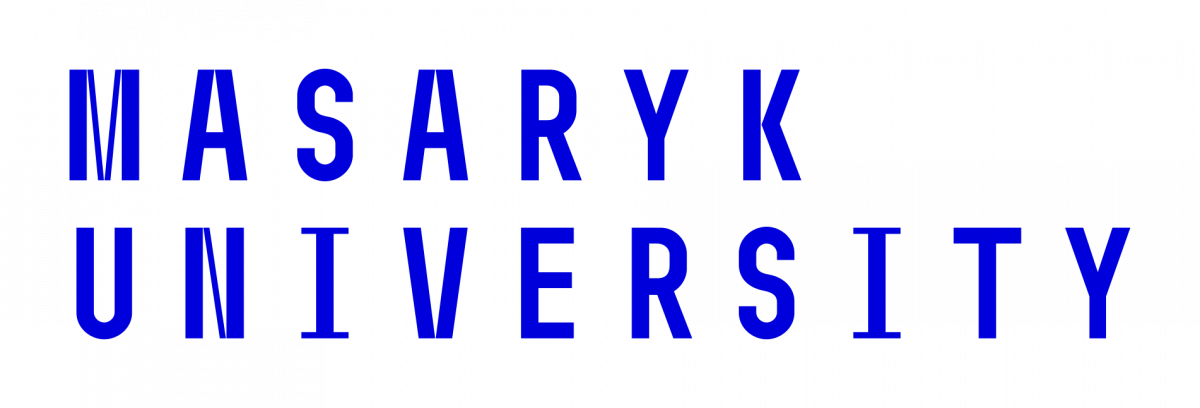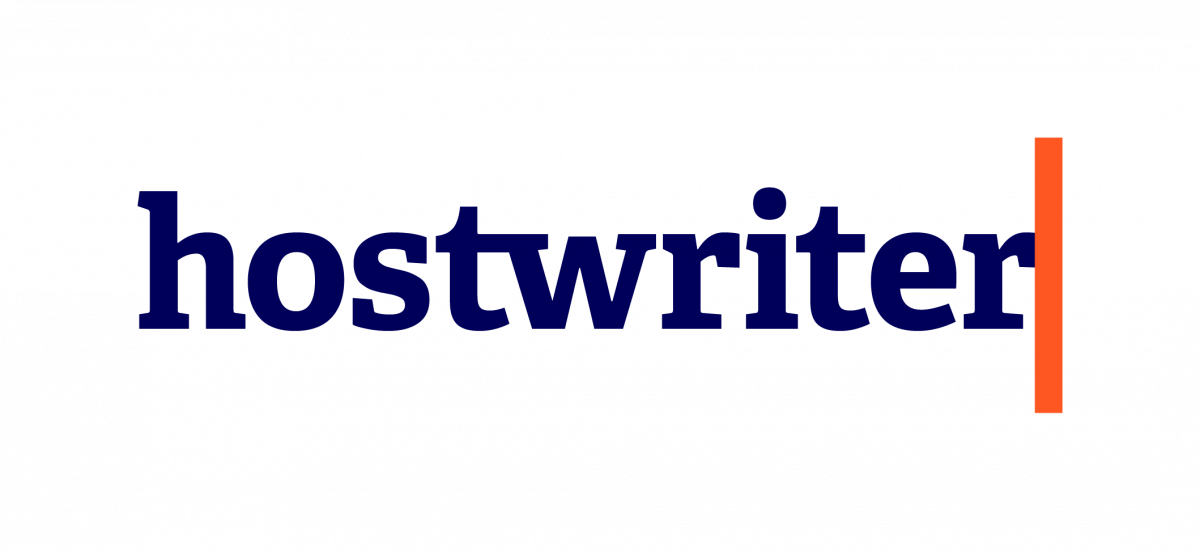The international networks of actors active within and related to the field of migration and forced displacement are complex and highly interconnected. Research has diagnosed a tendency to see migrants and refugees as victims, depicted as large anonymous groups in media coverage, rather than as individuals with agency, and even driving forces of globalization and transnational social practices. Subsequently, there are demands for a greater inclusion of migrants and refugees as actors in their own right within media coverage of migration and forced displacement.
Despite the impact of globalization, nation states are still viewed as major players in the field of policies on migration and forced displacement. Even in a strong supranational organization such as the European Union (EU), considerable authority in this field of policy is reserved for the member states, and the EU’s attempts to create a common asylum system have been criticized on the grounds of its perceived inefficiency. In this regard, media coverage on migration and forced displacement is often said to be very much focussed on (national) elite actors such as politicians or governments, rather than including many international voices, or even those of migrants and refugees as individuals. This may be due to the fact that migration and forced displacement are heavily politicized policy domains in many countries and subject to competitive party politics.
Intergovernmental agencies and organizations such as the International Organization for Migration (IOM), the United Nations High Commissioner for Refugees (UNHCR), and the United Nations Relief and Works Agency for Palestine Refugees in the Near East (UNRWA) are important stakeholders in the field of international policies. International non-governmental organizations (NGOs) such as the International Red Cross and Red Crescent Movement, Médecins Sans Frontières (MSF), CARE, Save the Children, and the International Rescue Committee, as well as local non-governmental organizations like National Red Cross and Red Crescent Committees, do play a considerable role in implementing policies on migration and forced displacement in national contexts as well, and provide support to migrants and refugees in numerous ways.
While news media outlets decisively impact the public image of migration and forced displacement, studies on the journalistic actors within the field, as well as their networks with other stakeholders, are still rather scarce. Pointing towards the complex connections in the field, journalists report a certain dependency on the support of intergovernmental or non-governmental organizations, as these often serve as door-openers providing contact to migrants and refugees.
At the same time, an international “migration industry” that is increasingly commercialized has emerged, including specialized agencies for labour immigration, multinational companies carrying out border security tasks, and illegal businesses such as smuggling and human trafficking by organized criminal networks.









